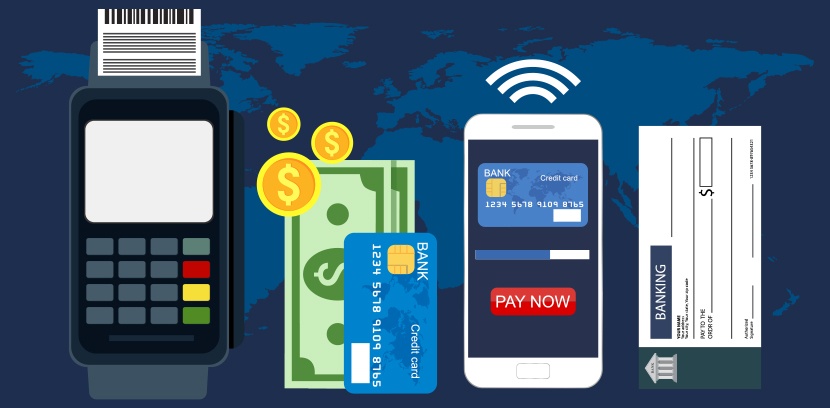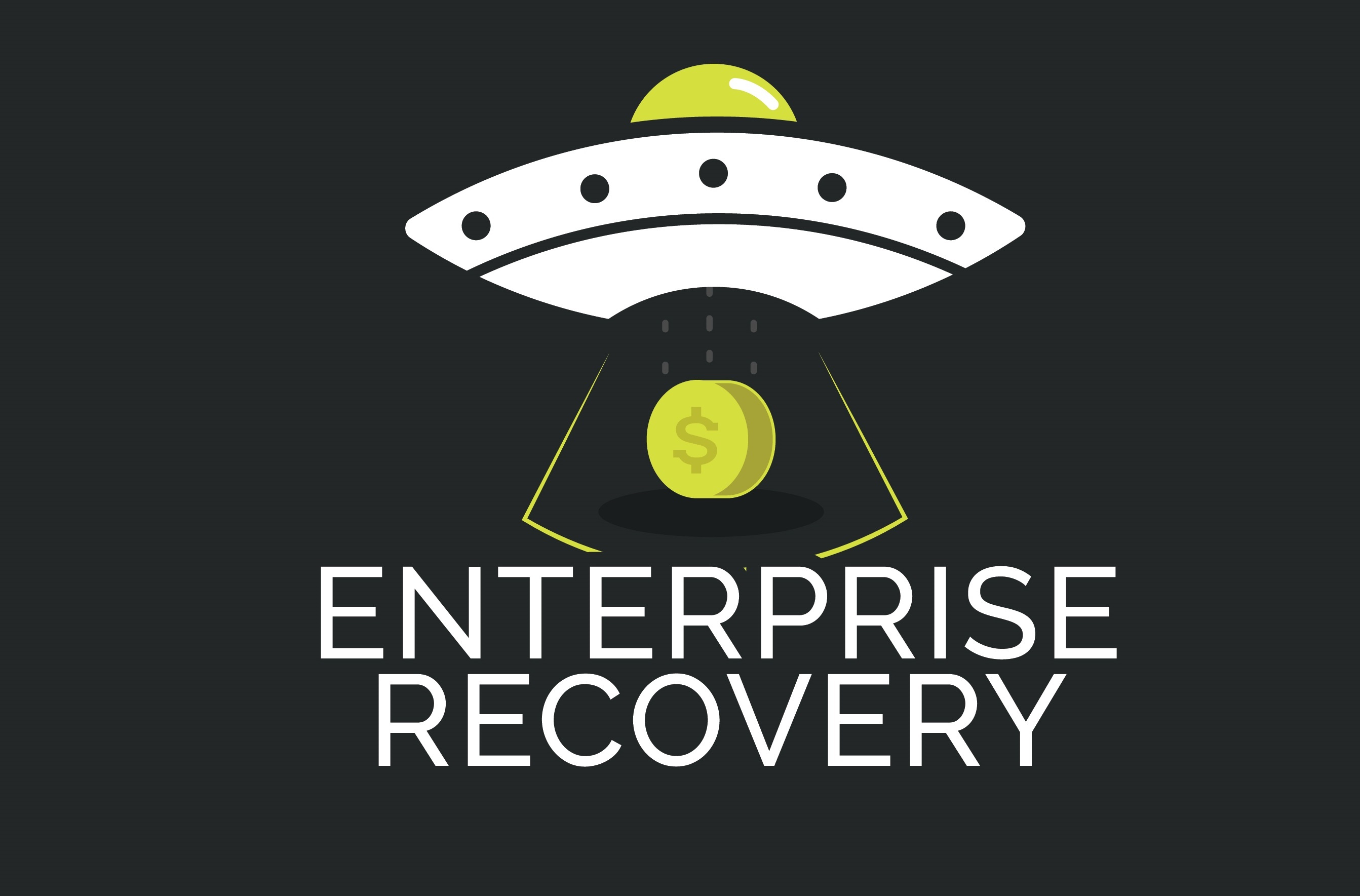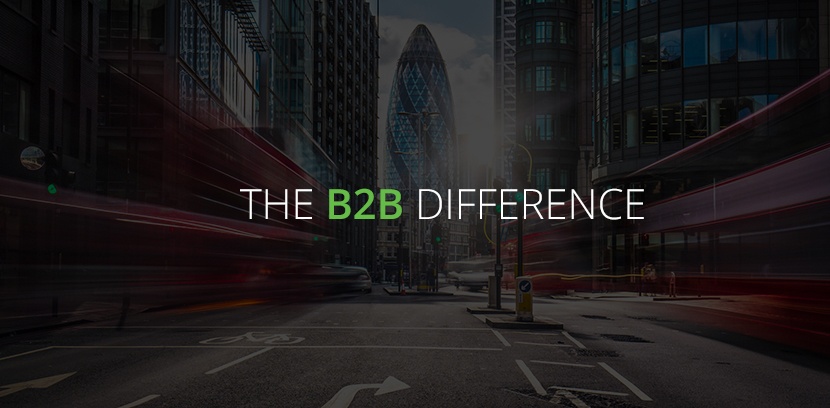Dealing with the frustration of a non-paying client takes time and resources away from other necessary daily tasks. With so much at stake, not only concerns of how the non-payment will affect the business but also the client relationships, business owners may also be hesitant to turn over their unpaid accounts to a collections agency. Too many unanswered questions could stall the collections process while the unpaid invoice remains unpaid. Can a commercial collections agency help? Will they respect the client relationship? How much will it cost?
Recent Posts
A business relationship can be just like any relationship. There's courtship, similar interests, a proposal, and the big day. On the day two businesses sign an agreement, excitement abounds at the potential of the relationship to add value. Unmet expectations and unresolved differences can quickly sour this relationship potential, leaving one or both parties unwilling to uphold their end of the deal. An unpaid invoice breaks down the relationship even further, leading you to question: Is it time to fire this client? Could you have predicted the end?
What are the red flags that signal payment challenges and how do you get paid after
firing a client?

Chasing down an unpaid invoice seems like a productive way to spend your time .... said no business owner, ever!
When clients don't pay, not only does the late payment affect paying your own bills, it also steals time and resources. It can be especially frustrating to realize payment is late days or weeks after it is due. Suddenly, the situation becomes an emergency. Where do you start? How long will it take?
What do you say when a client won't pay?
Payment technology helps create a seamless and innovative experience for corporate payments and supply chains. In the digital marketplace, vendors and suppliers can contract and expedite payments in a timely manner. Businesses who work with global partners can also feel more confident with transparent payment solutions.
Although B2B payment technology is fast and secure, organizations are slow to adopt the infrastructure and processes needed to implement it.
Effective B2B accounts receivable management may be only as effective as your policies and procedures. Accounts receivable and collections policies contribute to and protect your cash flow by organizing procedures to follow when extending payment terms and credit to clients. The faster you can collect on invoices, the more reliably your business can plan for inventory and pay vendors.
Here are reasons to establish B2B accounts receivable and collection policies for your growing business.
In corporate accounting, it's not uncommon for an excess of past-due invoices to get put on the back burner due to employee turnover, new accounting software or other challenges in daily operations. Cleaning up or auditing your accounts receivable is a smart idea to ensure those few invoices don't turn into lots of invoices that need to be written off or sent to collections.
With a regular accounts receivable clean up, those "low priority" invoices can add up to a good amount to your business' cash flow.
If you are new to Enterprise Recovery, welcome! The website was launched earlier in November 2016 after considerations of branding and building out the new website. If you've named, branded and marketed a B2B company before, you have some idea of the process of brainstorming and shooting down ideas. Such is the story with the Enterprise Recovery logo...
As any business knows, when accounts receivables begin to drift, other expenses feel the squeeze. With fewer invoices in larger amounts, more is affected when clients aren't paying on time. One late payment can mean payroll, rent, or other vendors aren't paid on time either. An accounts receivable department could be considered the heart of an organization.
Here are some accounting best practices to ensure your invoices get paid faster.
Business-to-business relationships are highly complex. Compared to a business selling to consumers, where there could be a multitude of consumers purchasing from the business, corporate relationships between two businesses go deeper. There are fewer customers, a much longer sales cycle and larger invoice amounts. If an invoice goes unpaid in a B2B business, the lack of cash flow greatly affects operations.












